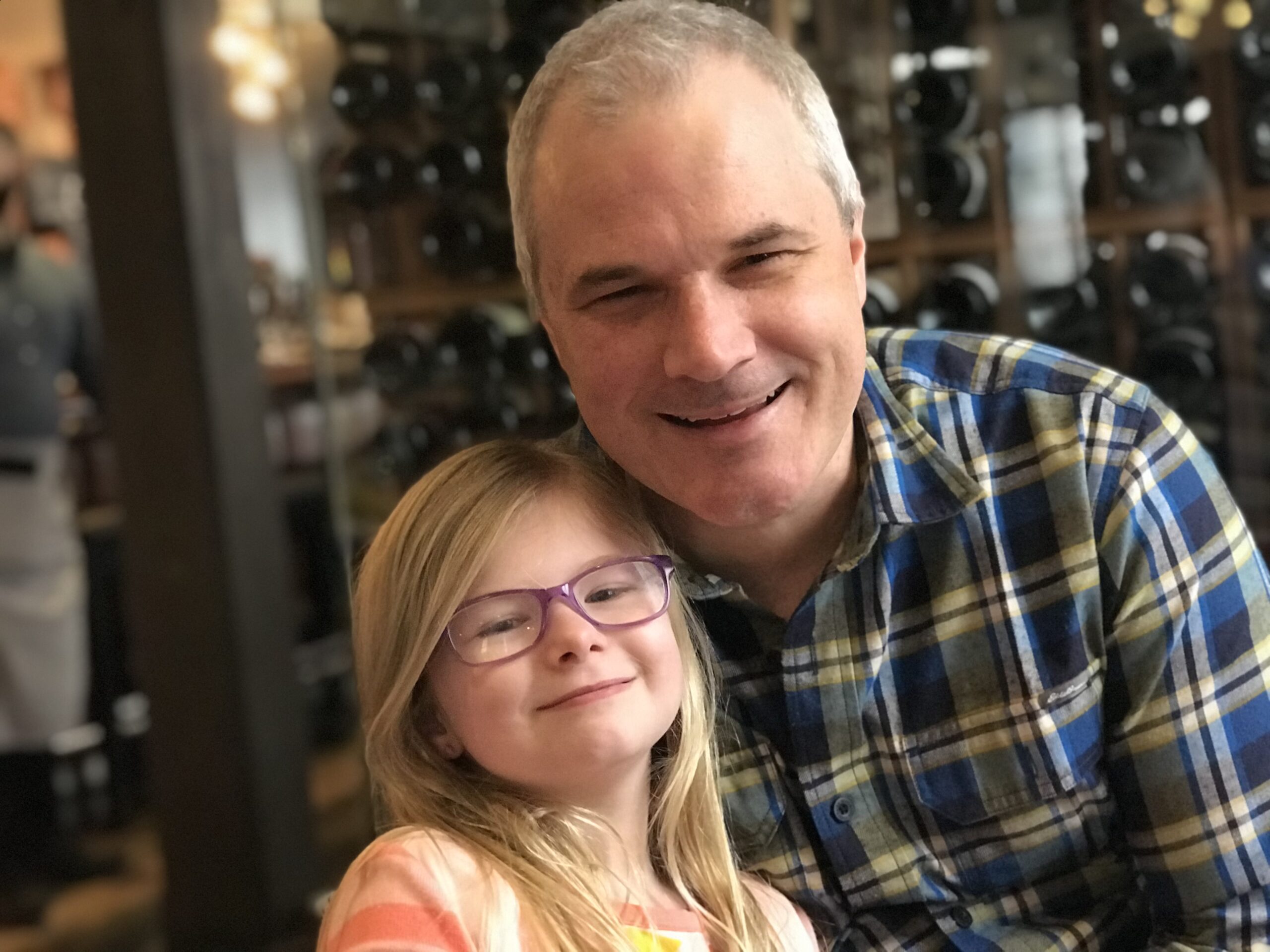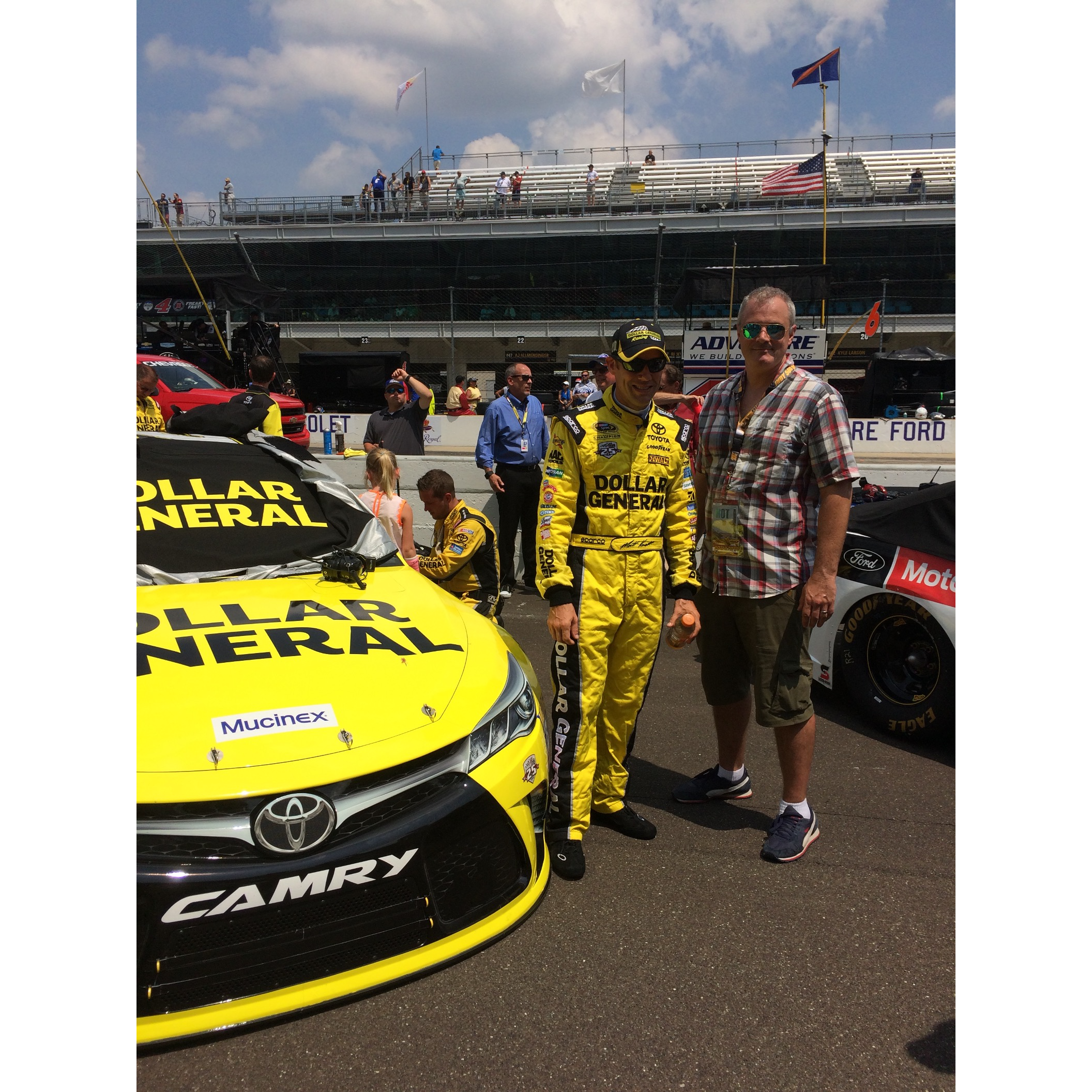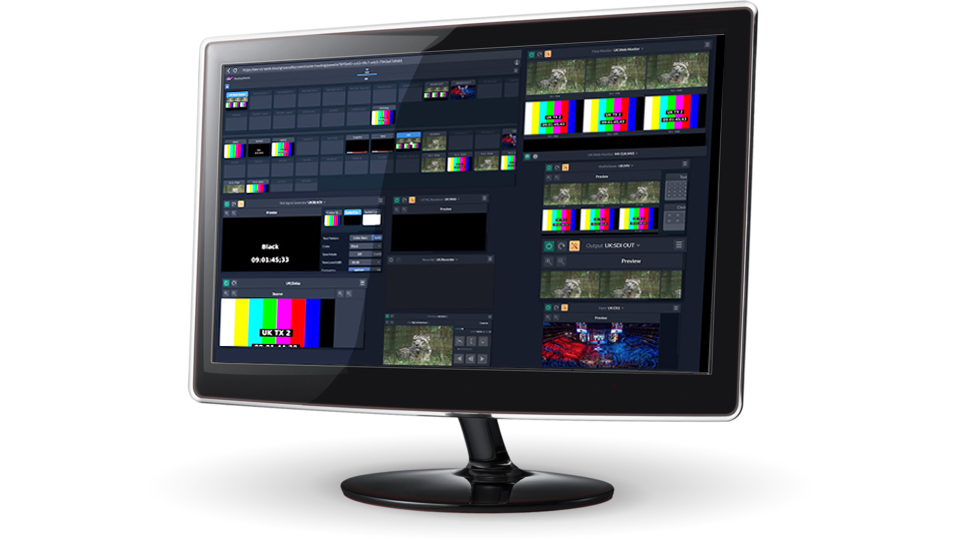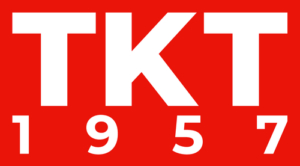 Interview with Grass Valley President and CEO Timothy Shoulders II.
Interview with Grass Valley President and CEO Timothy Shoulders II.
Where are you from and in which family you have born? What is the prefix “II” after your name?
I was born near the city of Detroit in the state of Michigan in the U.S.A., in a middle-class family. I have two sisters. I lived with my parents in a two-bedroom house in a little neighborhood that had a horse racing track in the town – that’s what it was known for.
The prefix after my name is because my father is named Timothy Shoulders as well, and my mother did not want people calling me “junior”, which is customary in the English language – “senior” and “junior”. So they named me after my father and gave me “the second” designation.
Can you tell me more about your parents? What did they do?
My mother has held several different roles, she’s been in finance and HR throughout her career. She’s retired now. And my father has held managerial positions, mostly in retail, running multiple geographies for retail companies.
How did you do in school?
Yeah, you know, what’s interesting – I always did well in school. Test-taking was a strength of mine. I was really good at the standard exams at school. I can identify the bad answers quickly and answer correctly more often than not. I think, that helped me through my education. But yes, I always had good grades in school and finished at the top of my class. I actually went to university in a small town in Indiana, called Ball State University. When I originally went, I thought I was going to study journalism but switched to finance and accounting.
If you had such good grades, why did you go to a small university? Did you have a scholarship?
Yeah, that’s exactly why I chose the small university — I was able to get a scholarship. In the states, universities can be quite expensive for the family, so I saved my parents the trouble of paying because I had the scholarship.
Were you a good student at university?
I was. It took me a few years to learn how to have fun at university – I studied very hard the first two years. Only in the third year, you could catch me at the bar between final exams.
What did you do after university?
I finished top of my class in finance and accounting, and I went to work for a global accounting firm- Ernst & Young — as an auditor. I worked in the audit and assurance business for almost three years right after university, so I had the pleasure of learning about several different companies as we rotated from client to client, auditing financial statements.

Why did you only work there for three years?
The road to success in a public accounting firm requires that you work hard for 12 years or so to make partner, and that’s where you start making money when you finally make partner at one of the firms. It involves very long days, often from 6 a.m. to midnight, day after day. After three years, I decided I wasn’t really interested in that path, and I wanted to go work for a corporation, which is where I went next. After public accounting, I worked a finance role at an orthopedic implant manufacturer, and I was responsible for the global financial analysis.
Why did you leave this company?
I worked for that company for around seven years, I believe. I’m married, and my wife and I had two children. My oldest child was about to start school, and we had decided that it was a good time for us to move closer to my parents, so they could be with my children and see them more often, and we could send my children to a good school. We moved cities and I started working for Grass Valley’s former parent company Belden. I joined Belden in 2011 and started working in a finance capacity for one of their divisions.
How did your career development in this company?
I’ve had a great experience in my career – I think I was there roughly eight or nine years. I learned a lot, I had different roles in several industries. I worked in the aerospace industry, the industrial business as well as what we had called at the time ‘enterprise solutions’, – cabling for data centers and other buildings.
I had multiple roles during my time there, but my career really started to take off when I became the general manager of the broadcast cabling business, and that’s when I found the broadcast and media market in 2016. They gave me the opportunity to lead the global cabling business – you might know some of the products, like Belden 1694A, an SDI coax utilized in broadcast plants around the world. I ran that business in 2018, and that’s when my career really started to take off.
What were your main tasks, when you became a general manager?
When I joined Belden, I wanted to be in a leadership role. And I was skilled in finance, so that’s what I did – I worked my way through the organization over time, of course, with the help of sponsors and a lot of hard work. But I moved from finance roles of varying complexity to leadership roles of varying complexity. So, I ran the broadcast cables business, I ran the industrial cables business for a very short period of time, and then they asked me to run Grass Valley, the most I could ask for in challenging and exciting roles.
I’ve been enjoying my time tremendously at Grass Valley, I really like being part of the broadcast community and serving our customers. Despite a lot of challenges, the pandemic, selling Grass Valley away from Belden, I’ve had a very outstanding and enjoyable time here.
How did you manage Grass Valley during the pandemic? What was the main impact of COVID-19 on your company and its customers?
The biggest challenge we’ve had with the pandemic was making sure our employees are safe. That’s the number one thing — to make sure our employees are safe. The number two thing is to make sure our customers are well supported, so they can stay on-air and deliver the news and life-saving information.
The biggest challenge commercially was the lack of sporting events. There was a period of time in North America and in Europe between March and June of 2020 where there weren’t any sporting events. And we had many customers that make money from producing the sporting events with our equipment, and those customers had a difficult time with their cash flow. That, of course, had an impact on our ability to sell new products.
David Ross told me, that in these periods of crisis, his company is making acquisitions and planning even more. Are you planning on making any?
Yeah, now is a good time to be in the market to buy other companies. And I would say, one of the most important things for us about having investors like Black Dragon Capital, who understands the broadcast community and understands the market, is that it gives us the flexibility to go make smart strategic decisions, so now we’re aligned with Black Dragon Capital. Yes, we’re in the market for technologies that fit our portfolio and will help us provide better solutions and services to our customers.
When looking at the structure of your company, it seems like you are expanding. What segments of the market, in your opinion, are still open for you, that you would like to enter?
The broadcast plant is a very complex system, and we have a lot of products that fit the video value chain. We sell cameras, and switchers, and video servers, routing equipment, and playout systems, and media asset management systems. So, we can put together very impressive systems. We don’t have products like audio panels, we don’t have intercom systems as part of the portfolio. So, there’s a lot of the broadcast plant that we currently don’t sell. Look at our portfolio and identify areas where you see gaps on the portfolio – those would be areas we would be looking to fill through acquisition, potentially.
What can we expect from your company in terms of product releases and strategy in the next year? Maybe some new announcements?
2020 was a really big year for new product launches for Grass Valley. We’ve launched the brand-new camera platform LDX 100, we’re launching a large form switcher this year, 4K switcher K-Frame XP.
Probably our most profound launch in 2020, which we’ll continue to build on throughout 2021, is our cloud platform which we’ve called GV AMPP (Agile Media Processing Platform). And we’re really looking at 2021 to move more of our workflows from our large portfolio to the cloud, so you can expect to see important launches around GV AMPP that would take that platform deeper into the live production space. But we’re also looking at adding other elements to GV AMPP, such as editing, media asset management, playout, etc. I would anticipate that we’ll have launched in those areas this year.
We’re also really excited about our GV Media Universe concept, which is a concept that is based around building workflows in the cloud and paying as you go instead of making big capital purchases. So, the concept is connecting all our physical products into the platform over time, so you can utilize your existing broadcast plant and convert to cloud-based workflows as it makes sense for you and your business.

In the current market, Grass Valley is a giant. Are you planning to take a step towards the mass market, like Apple?
Yeah, great question. We actually launched the cloud platform in a market that is lower production quality than what we typically go after. We want to offer broadcast production quality experience to media companies that currently don’t have tools or the CapEx to access those tools. That’s what we were accomplishing with GV AMPP in the Grass Valley Media Universe at the beginning because we’re developing the platform over time and adding the capability to the platform over time. We’re able to focus on those markets’ smaller productions- four-camera shoots first — which opens up our market space.
We do business with the top broadcasters in the industry, and I would say 90 percent of broadcasters globally have some Grass Valley equipment, some Grass Valley relationship, so we’re already doing business at the top. What Grass Valley Media Universe did for us, and what GV AMPP does for us, is give us an entryway into some of the smaller productions that media companies are doing. And it also lowers the cost of entry to experiment for media companies and gives them some more flexibility. If something doesn’t work out, they wind it up, and there’s no additional cost.
Finally, a few questions about your life. What inspires you besides the work?
I have four children, and I’m married. The best thing about the pandemic has been that my travel schedule has been canceled, so I get to see my children in the evenings more often than I had prior, I really enjoy that. I like playing games with my kids, we play a lot of different types of board games. Occasionally I also play video games with them as well, and we watch movies together.
I enjoy the media that we help produce at Grass Valley. I am also a big racing fan, I like sports car racing. I grew up in Indianapolis; after I was in middle school my family moved from Detroit, Michigan to Indianapolis, Indiana where the Indy 500 is held. So, I’ve been attending the Indy 500 every year for almost 40 years now, and I really enjoy that event and that racing series.
Where do you live now?
I live in South Florida in the United States. I lived in Montreal for two years, and when we sold the company from Belden to Black Dragon I moved to South Florida.
Where do you live exactly?
I live north of Miami near Ft Lauderdale



















